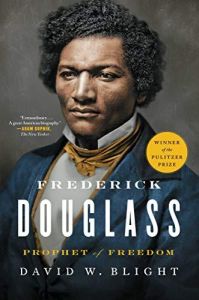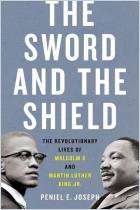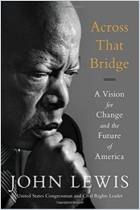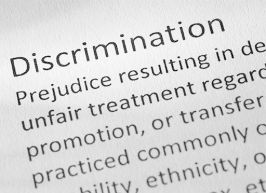Join getAbstract to access the summary!

Join getAbstract to access the summary!
David W. Blight
Frederick Douglass
Prophet of Freedom
Simon & Schuster, 2020
What's inside?
Frederick Douglass’s goals still hold: The US must fix the wrongs that created and feed black inequality.
Recommendation
Frederick Douglass’s life reflected the United States’ struggles with race and slavery in the 19th century, and his legacy continues to inform those issues today. Historian David W. Blight’s lengthy Pulitzer Prize-winning biography draws on Douglass’s autobiographies to detail lesser-known parts of his personal journey from former slave to national leader. It demonstrates his relationship with the written and spoken word, contextualizes his biblical inspirations, explains why he merits the title of prophet, and evaluates the dichotomy between his private and public lives.
Summary
About the Author
David W. Blight is director of the Gilder Lehrman Center for the Study of Slavery, Resistance, and Abolition at Yale University and the Class of 1954 Professor of American History. He received the Pulitzer Prize for this book, as well as the Abraham Lincoln, Frederick Douglass and Bancroft Prizes.

















Comment on this summary